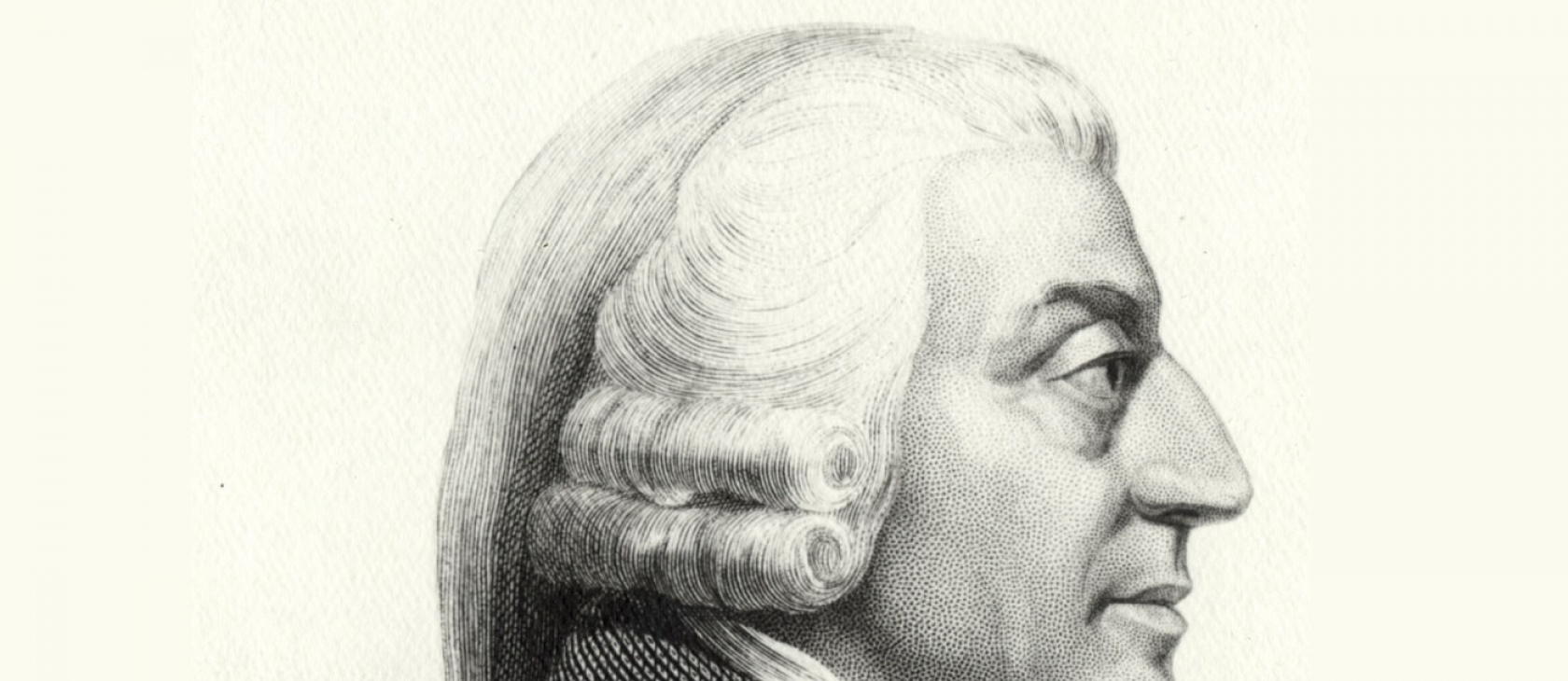On April 26, 1759, the Scottish philosopher Adam Smith published The Theory Of Moral Sentiments. He may be less well known for this book than for his path-breaking 1776 economics text, The Wealth Of Nations — but it was Moral Sentiments that made his fame and fortune.
Thinkers at the time were struggling to discover how we can separate right and wrong. Some thought that religious texts were the authority on how we should act, and that religious leaders could authoritatively interpret those texts in cases of doubt. Others of a more practical bent suggested that we had a "moral sense" by which we could detect right and wrong, much as we could sense light and dark or rough and smooth. Some argued that we could reason out which actions were moral or immoral. But no explanation was found entirely convincing.
Smith’s Moral Sentiments was a real scientific breakthrough. It showed that our moral ideas and actions are a product of our nature as social creatures. Social psychology was a better guide to moral action than books, authorities or reason. We applaud actions that help our society to survive, and rules (like prudence and justice) which it could not survive without.
Smith knew that, for society to survive, there must be rules of justice to prevent individuals harming each other.
Though we are mainly interested in our own welfare, we have an empathy (Smith called it sympathy) for others. We we feel their emotions of joy or grief, and we want them to empathise with us, too, by acting in ways that help and please them. We are struck by conscience when we distress someone. So, we curb our own emotions and self-interest in order to live more harmoniously with others.
Morality is not something we have to calculate; it is something we feel. Those feelings are part of our very nature, and exist because they benefit both us and others. Writing exactly a hundred years before Darwin’s 1859 Origin Of Species, Smith had no theory of evolution by which to explain this fortunate situation. He could put it down only to providence — it was almost as if we were guided by an invisible hand.
But Smith knew that, for society to survive, there must be rules of justice to prevent individuals harming each other. It was also important to reward beneficial actions and punish harmful ones. And in the process of making judgements on countless numbers of actions, we gradually formulate rules of conduct. Then we do not even have to think about what to do: we have inbuilt moral standards to guide us.
Though we are free to act as we please, our natural empathy for others, and others’ opinions on our actions, serve to moderate our behaviour. But we still need a certain strength of character to restrain ourselves in the ways that an impartial spectator would approve of.
The truly virtuous person, therefore, embodies the qualities of prudence, justice, beneficence, and self-command. Prudence moderates the individual’s excesses and so is important for society. Justice limits the harm we do to others and is essential for the continuation of social life. Beneficence improves social life by prompting us to promote the happiness of others: beneficent action cannot be demanded from anyone, but it is appreciated and praised when given. Self-command moderates our passions and reins in our destructive actions.
Freedom and human nature, Smith concludes, are therefore a surer guide to the creation and preservation of a harmonious, functioning society than the supposed authority of ancient books, the imagination of visionaries, or the over-vaunted reason of philosophers.
This post was originally published by the Adam Smith Institute blog and is reprinted with permission.




